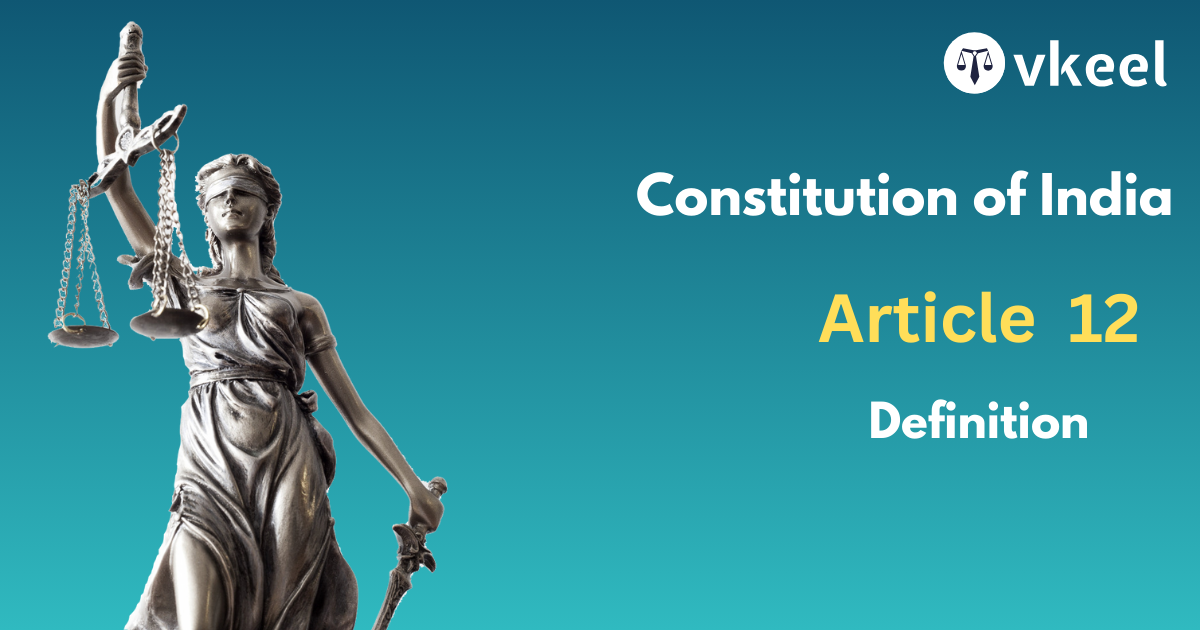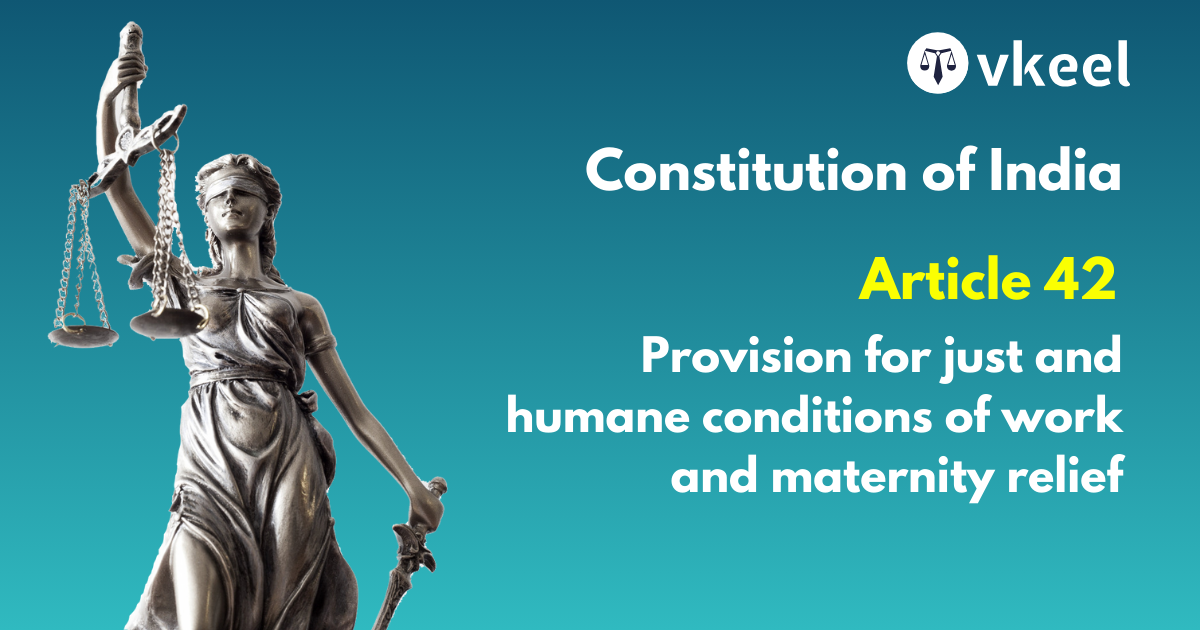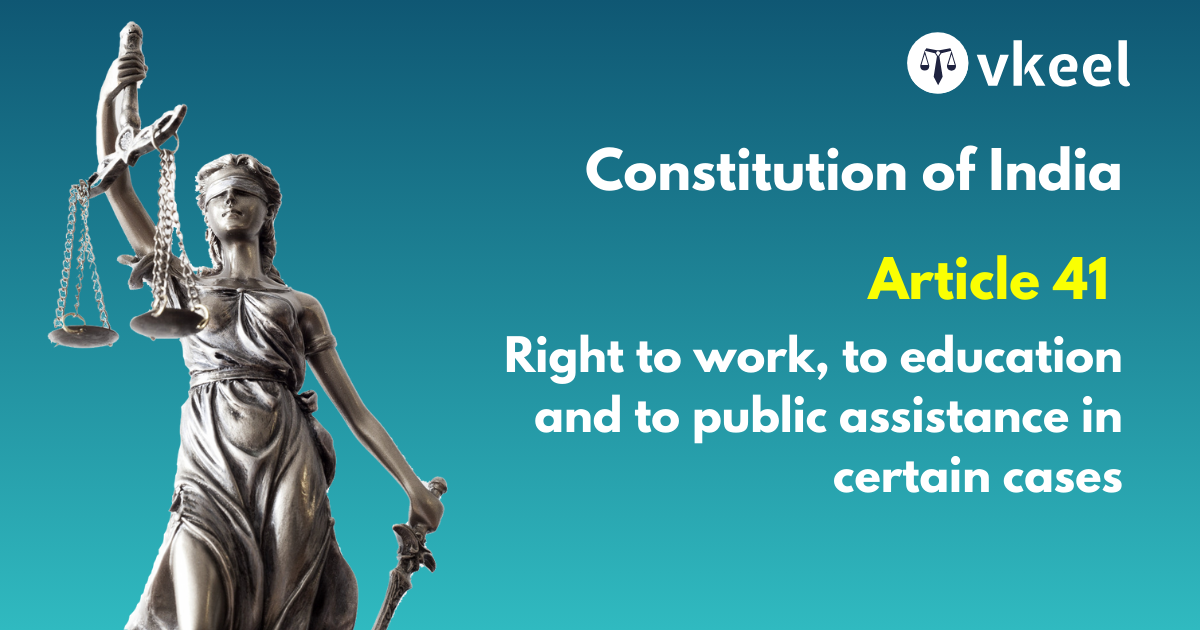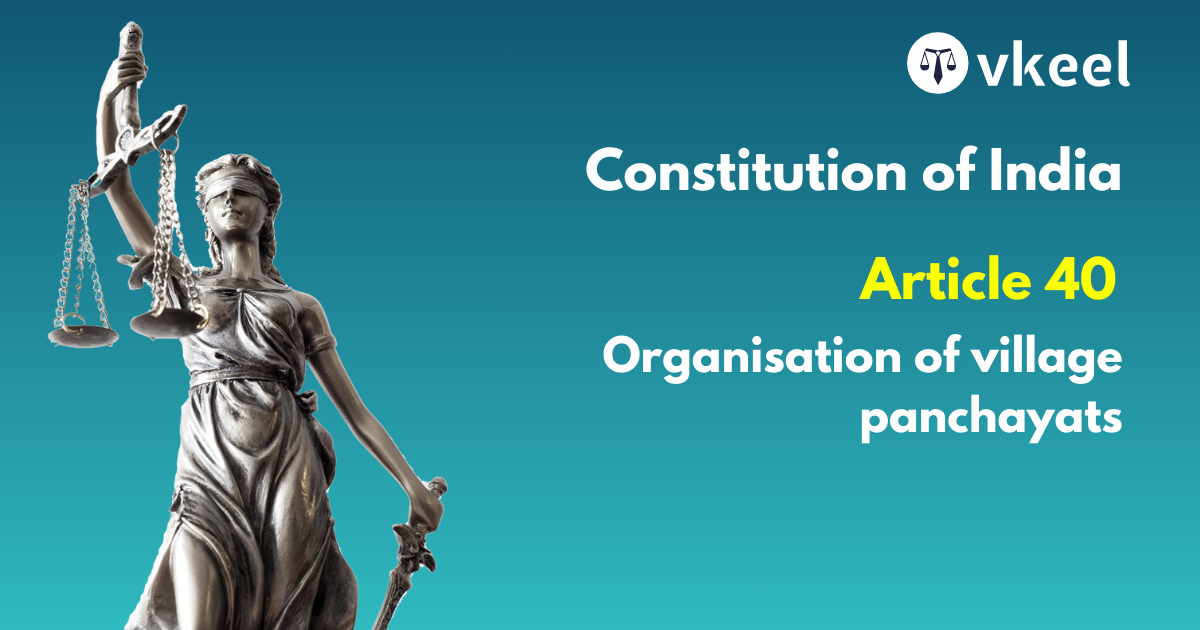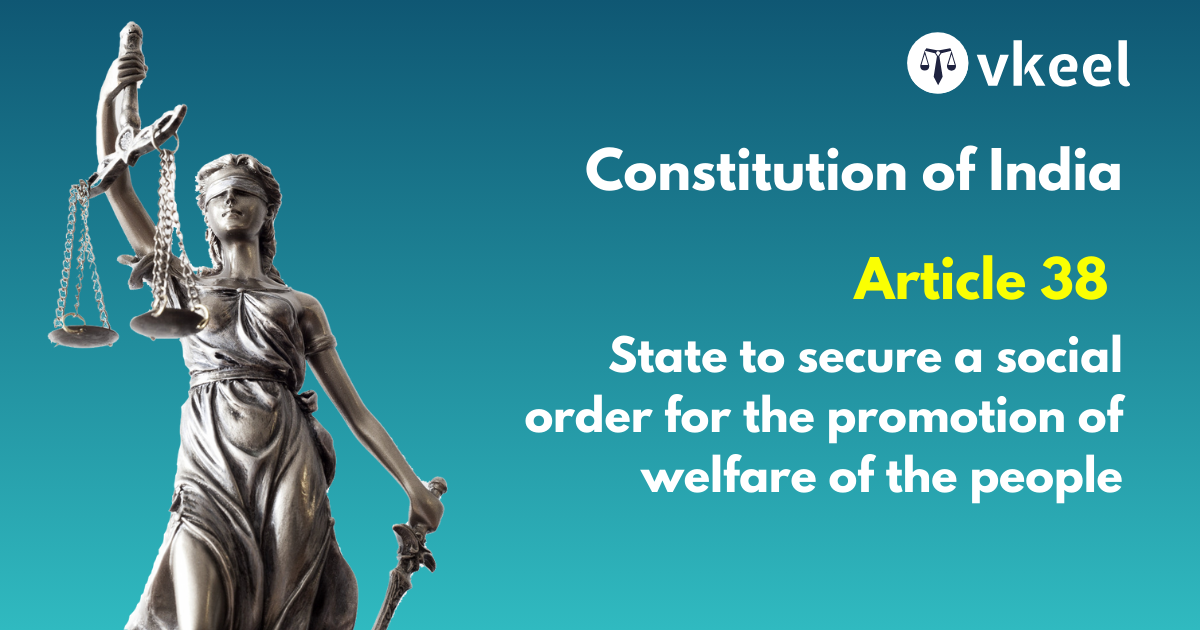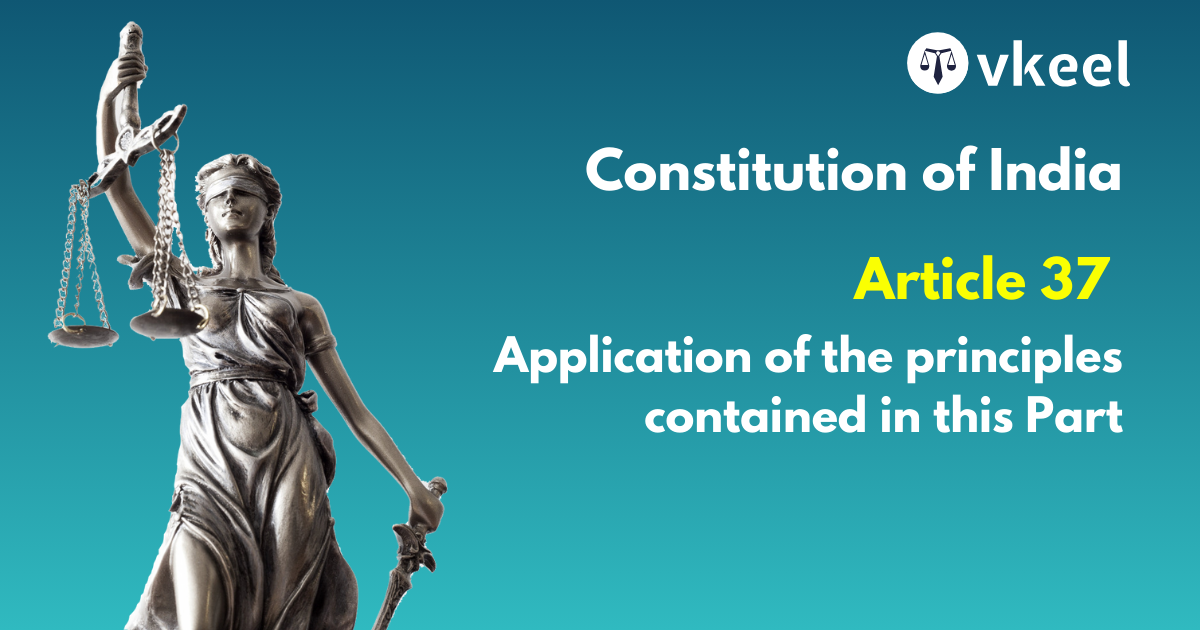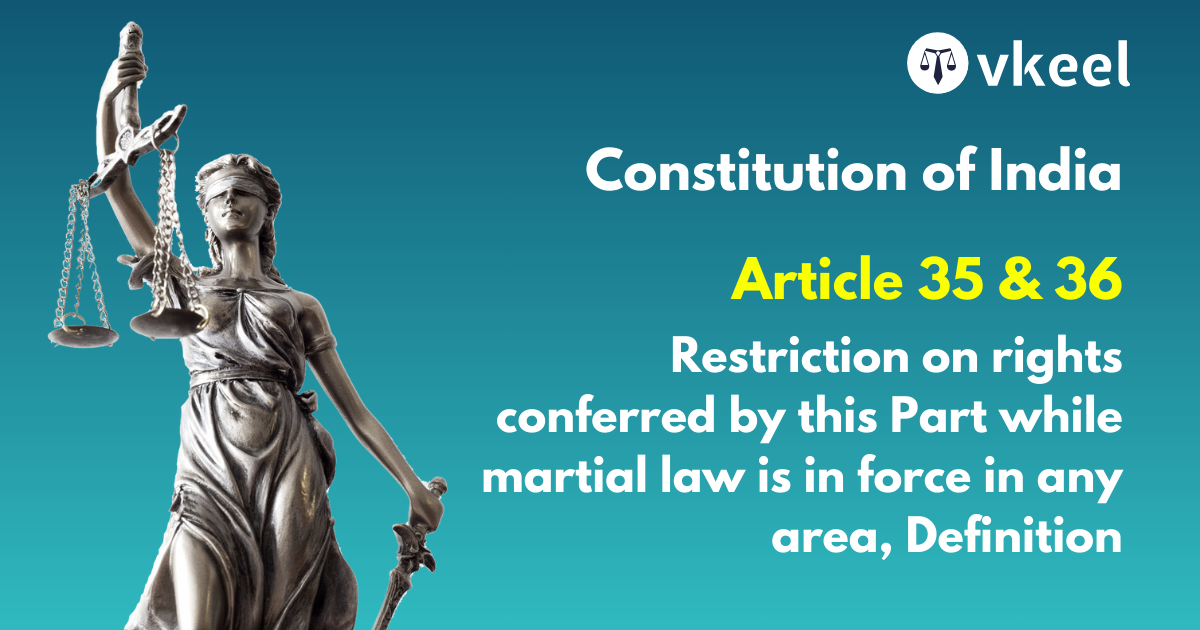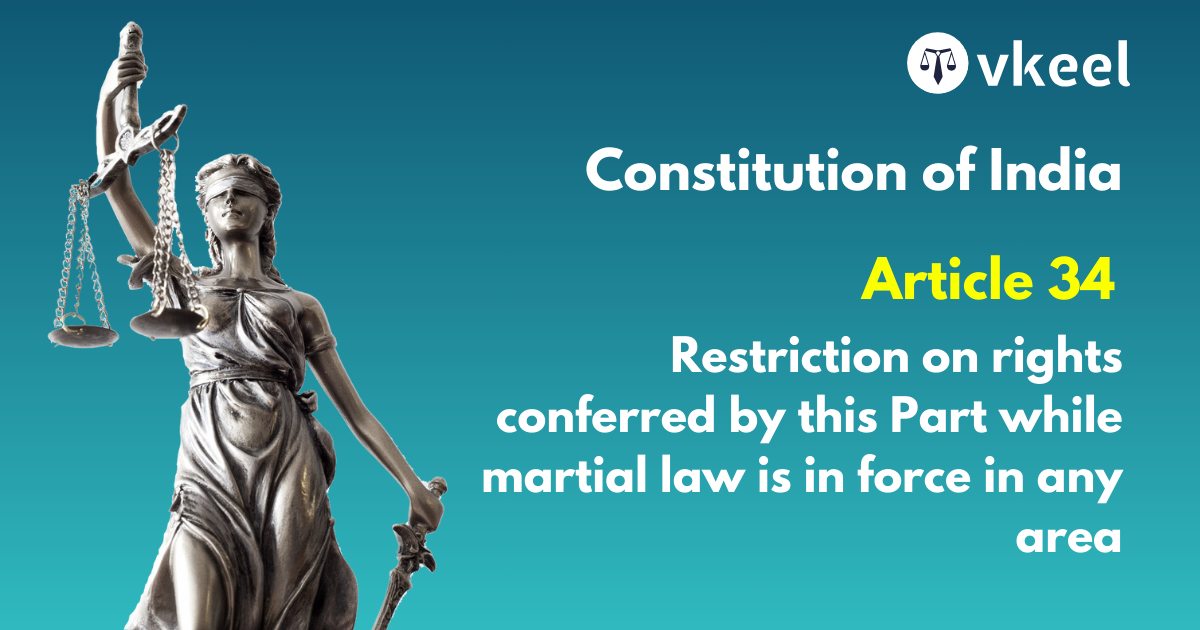Article 12 Definition
By Vanshika Saini
Table of Contents
Introduction
The word ‘state’ , used in the Constitution prescribes to the federating units of India, being itself a body of states, comprising of these units.
It is further opined variously in some of the other articles of the Constitution.
Article 12 in itself is a part of part III of the Constitution. The expression of the aforementioned word when is used in the book is not only confined to only the federating units or the Union of India or to both.
Article 12 is a peculiar statement which envisages with itself a broader goal of the concerned authority, far from using the concept of state within the circumscribing limits, it broadens the ambit to embrace all authorities enlisted under the purview of the government.
Article 12
Definition.—In this Part, unless the context otherwise requires, “the State” includes the Government and Parliament of India and the Government and the Legislature of each of the States and all local or other authorities within the territory of India or under the control of the Government of India.
Landmark Case Laws
In Ajit Singh vs State of Punjab, 1967 it was upheld, ‘ The Gram Panchayat is a local authority and by virtue of the definition of “State” in article 12 stands included in that term. So also medical colleges or institutions run by the Union of India or a State Government or a municipal or other local authority, but not private medical colleges or Institutions unless they are instrumentality or agency of the State’.
The expression ‘other authorities’ in article 12 must be given a broad and liberal interpretation. If the government acting through its officers is subject to certain constitutional limitations, it must follow a fortiori that the government acting through the instrumentality or agency of a corporation should equally be subject to the same limitations. If such a corporation were to be free from the basic obligation to obey the fundamental rights, it would lead to considerable erosion of the efficiency of the fundamental rights, for in that event the government would be enabled to override the fundamental rights by adopting the stratagem of carrying out its functions through the instrumentality or agency of a corporation, while retaining control over it.
Conclusion
Article 12 winds up the list of authorities falling within the definition, it is an essential application of the ejusdem generis, which enumerates the rule that things before the general word must constitute a classification or a genus.
Disclaimer:
The information provided in the article is for general informational purposes only, and is not intended to constitute legal advice or to be relied upon as a substitute for legal advice. Furthermore, any information contained in the article is not guaranteed to be current, complete or accurate. If you require legal advice or representation, you should contact an attorney or law firm directly. We are not responsible for any damages resulting from any reliance on the content of this website.

